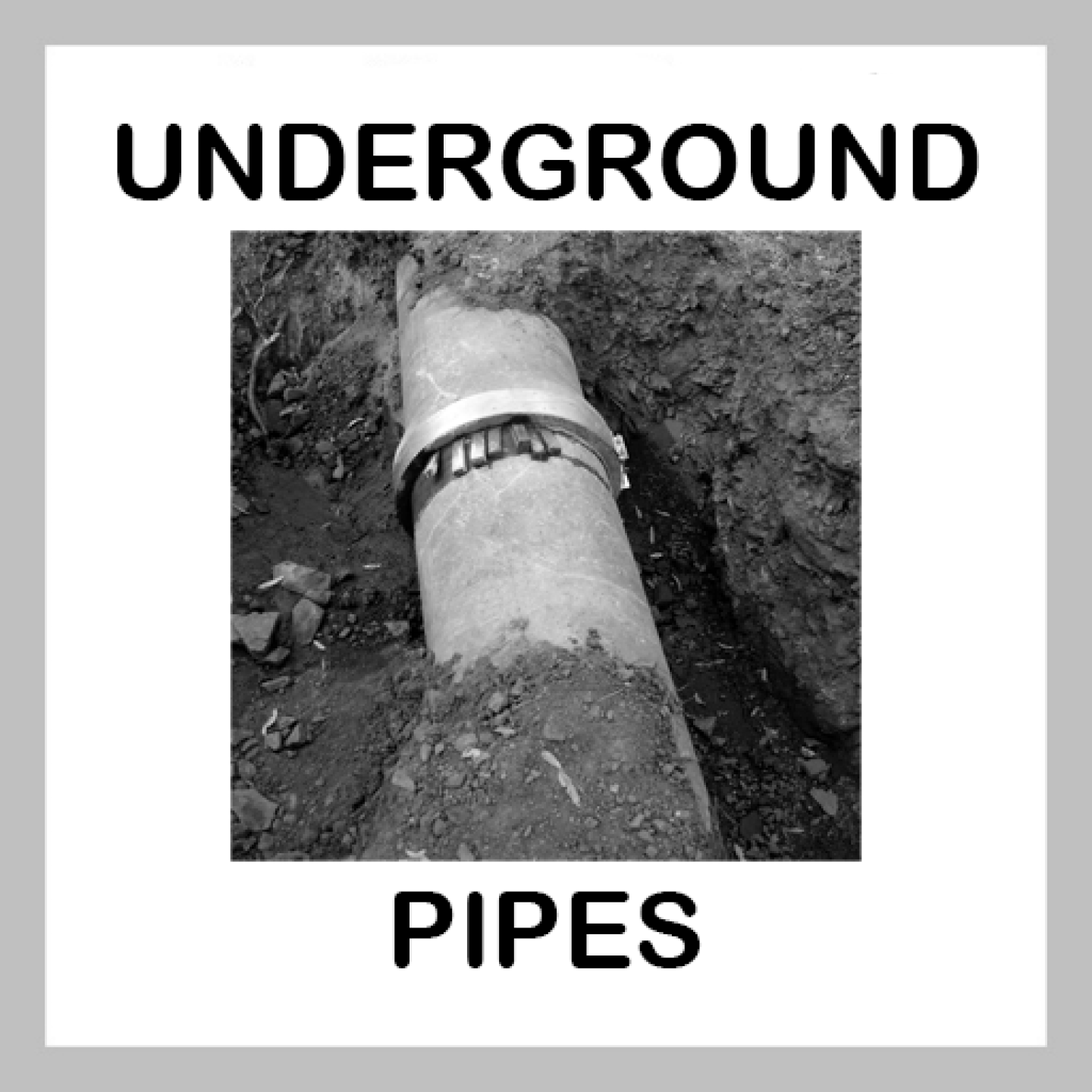Underground Pipes
Causes for damaged pipes and leaks in underground pipes:
- Tree roots: Roots don’t ‘seek’ out pipes but the water and nutrients they contain will attract them. Roots can cause blocks and blogs and sometimes can crush pipes. The older lead and clay pipes are more vulnerable to damage by tree roots.
- Soil conditions: Poor soil can cause the insides of your pipes to corrode. Clay soil is prevalent in Northern New Jersey. The heaviness of such soil can lead to leaks and water contamination. Clay soil is among the most corrosive of all soils and can quickly break down your pipes if you do not have your pipes checked regularly.
- Extreme Temperatures: Think of any season in Hackettstown or Morristown, winters can be mild or bitter, summers can be pleasant or sweltering. Sometimes if a pipe is already weakened, a 10-degree shift in temperature can be enough to turn weakened into broken.
- Corroded Pipes: Depending on the age of your home, old plumbing materials such as iron and galvanized steel eventually corrode; this can lead to pinhole leaks or restricted water flow inside the pipes. Galvanized pipes were commonly used in construction before 1930s but are found in homes well into the 1950s. You can check the shutoff valves and faucets. If they look really old or there just is not a shutoff valve, your pipes are likely old as well.
- Pipe leak: A leak could be something simple like a pipe connection has come undone. Or it could mean there is a split in a water pipe. Even if it a ‘simple’ fix, the fact that it is under your home makes it an issue.

Recent Comments